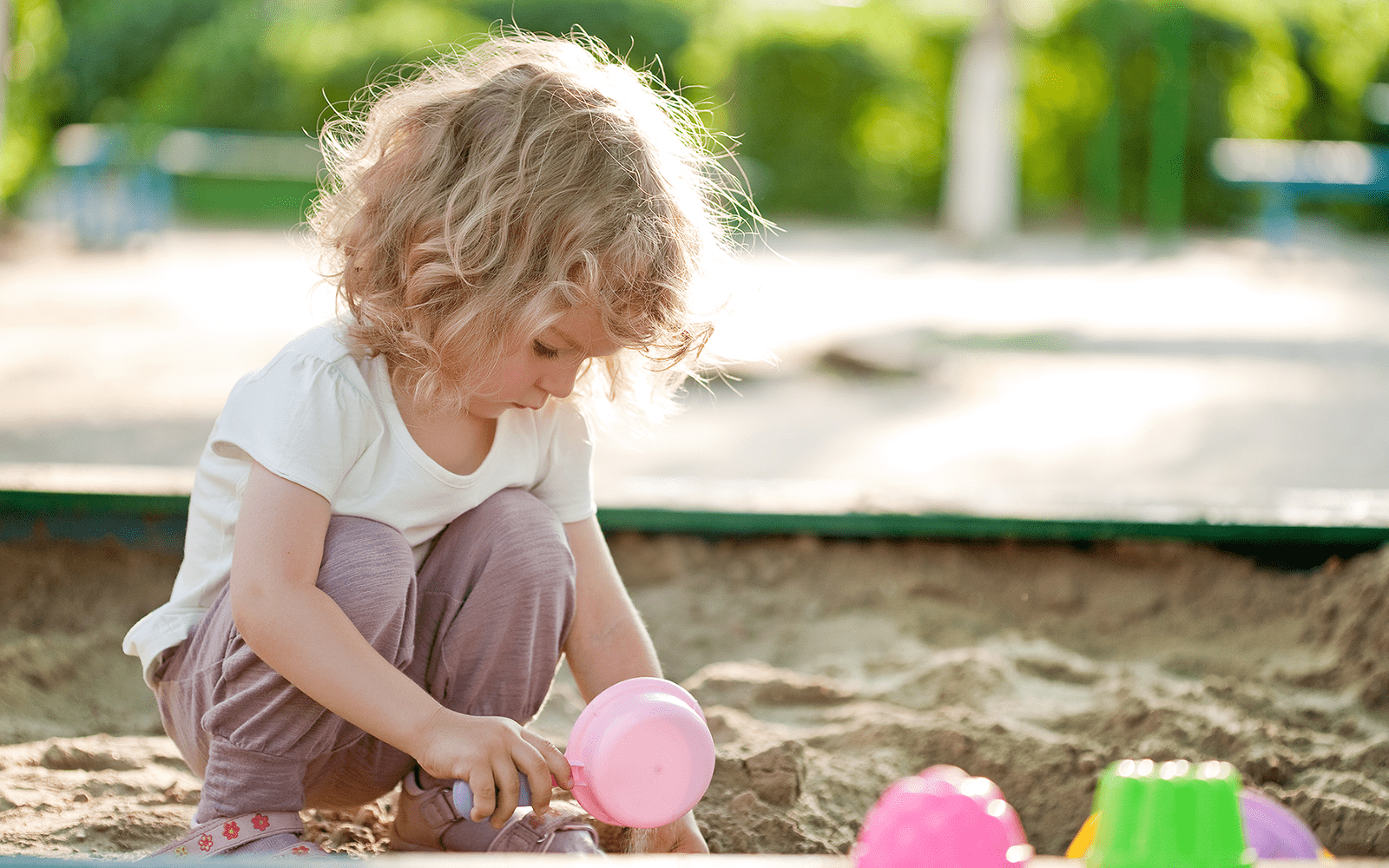Within the basic concepts of infant and early childhood mental health (I/ECMH), it’s important to understand the immediate and potentially lifelong effects of exposure to trauma on children. Childhood trauma is defined by “the three Es.”
The experience of an event by a child that is emotionally painful or distressful, which results in mental and physical effects.
Adverse Childhood Experiences (ACEs) have been linked to developmental and mental health concerns, risky health behaviors, chronic health conditions and early death. Research shows that 20-25% of children in the United States will experience some form of childhood trauma before adulthood. However, many children with high levels of ACEs and/or high distress symptoms do not receive clinical services.
Even very young children, from before birth, can experience trauma. During these first five years of life, children are more vulnerable because their brains are still developing, and they have not they yet acquired language skills to express what they are feeling.
Traumatic experiences can include natural disasters, a parent’s substance use disorder, being in an accident, being exposed to frequent, intense arguments or homelessness. Historical and/or intergenerational trauma can also be passed down through generations, such as experiences stemming from genocide. There is also systemically and institutionally imposed trauma, such as community violence and racism. Considering these factors, we must also recognize the impact of adult trauma, which can affect a caregiver’s ability to engage with or properly care for a child.
Learning how to understand, process and cope with difficulties – even tragedies – is a natural part of child development. But an intense, repeated or sustained experience may leave a child with an overwhelming sense of fear and loss, making them feel that they have no safety or control over their lives.
Children suffering from trauma can be less engaged and less ready to learn. According to Harvard University’s Center on the Developing Child, trauma can diminish concentration, memory and the organizational and language abilities needed to function; and can increase risk for delinquency due to a learned distrust for adults and rules. Trauma symptoms often manifest as challenging behaviors and can be misdiagnosed or misinterpreted.
Yet, adverse childhood experiences do not dictate the future of a child. A balance scale is a good way to visualize resilience—protective experiences and coping skills on one side counterbalance adversity on the other. Resilience is evident when a child’s health and development tip toward positive outcomes, even when a heavy load of factors is stacked on the negative outcome side.
In fact, resilience can be strengthened at any age. While stress can lead to poor mental health, not every child exposed to stress will suffer those consequences. Resilience is best seen as a response to a specific situation, not a constant trait. It is different for each child, is fluid and can change over time, and what works in one situation might not work in another. The single most common factor for children who develop resilience is at least one stable and committed relationship with a supportive parent, caregiver or other adult.
Thus, it is important for caregivers and staff to recognize, consider and respond to the effects of all types of trauma. Trauma-informed care emphasizes physical, psychological and emotional safety for both clients and providers. One simple way to think of a trauma-informed approach is to ask not “what’s wrong with this child?” but, “what happened to this child?” On May 25, and on all days, we must acknowledge the enormous and small burdens children and families are experiencing. By extending kindness to others and ourselves, we can develop positive relationships and find and experience hope.
This blog post is part of a series about I/ECMH, and in particular, is written in honor of Illinois Trauma-Informed Awareness Day, which has been declared thanks to the work of the Illinois ACES Response Collaborative and the Illinois General Assembly.


